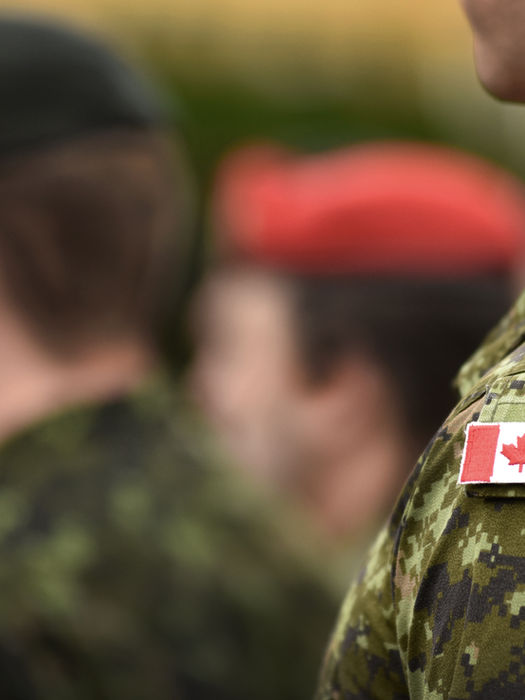Are you a victim of domestic violence and seeking a path to safety in the U.S.?
The Violence Against Women Act (VAWA) offers protection and a pathway to permanent residency for victims of domestic violence who are married to U.S. citizens or lawful permanent residents. If you are suffering from abuse and want to escape your situation, the VAWA visa could be the solution you need to start a new life in the U.S. without fear of retaliation or deportation.
If you want to better understand this visa, fill out the form below and our team will get in touch.
Who is eligible for the VAWA visa?
You may be eligible if you are a victim of domestic violence and:
You are the spouse of a U.S. citizen or lawful permanent resident.
You have been subjected to extreme cruelty by your spouse.
You are a person of good moral character.
You are currently residing in the U.S. or have entered the U.S. legally.
What types of abuse qualify under VAWA?
What are the benefits of applying for the VAWA visa?
How does the VAWA application process work?
Can I include my children in the VAWA application?
What if my abuser is threatening to report me?
How long does the VAWA application process take?
Where can I get more information about the VAWA visa?
FAQ - Frequently Asked Questions
What is VAWA?
VAWA, or the Violence Against Women Act, is U.S. legislation that provides protection and legal resources for victims of domestic violence, abuse, or cruelty by spouses, parents, or other family members who are U.S. citizens or legal permanent residents. The law allows these victims, regardless of gender, to apply for immigration independently, without relying on the abuser to obtain legal status in the U.S.
Who can apply?
VAWA is available to:
Spouses: Spouses of U.S. citizens or legal permanent residents who have suffered physical or emotional abuse by their partner.
Children: Children under 21 years old of U.S. citizens or legal permanent residents who have been abused by their parents.
Parents: Parents of U.S. citizens who have been abused by their adult children.
What are the criteria for eligibility for VAWA?
To qualify for VAWA, the applicant must meet certain criteria:
Relationship to the Abuser: The applicant must be a spouse, child, or parent of a U.S. citizen or legal permanent resident.
Evidence of Abuse: The applicant must provide evidence of physical, emotional, or psychological abuse. This may include police reports, medical records, sworn statements, or other supporting documentation.
Joint Residence: The applicant must have lived with the abuser at some point.
Good Moral Character: The applicant must demonstrate good moral character, typically proven through clean criminal background and other supporting documents.
How does the application process work?
The process for applying for benefits under VAWA includes:
I-360 Petition: The applicant must file Form I-360, Petition for Amerasian, Widow(er), or Special Immigrant, with the U.S. Citizenship and Immigration Services (USCIS). In this petition, the victim can request immigration independently, without notifying or involving the abuser.
Supporting Documentation: The applicant must provide documentation proving the relationship with the abuser, evidence of abuse, and proof of having lived together.
Adjustment of Status: After the I-360 petition is approved, the applicant may, in many cases, apply for Adjustment of Status to become a legal permanent resident (green card holder) in the U.S.
Benefits of VAWA
VAWA offers the opportunity for abuse victims to obtain legal status in the U.S. independently and safely, without relying on the abuser. Additionally, the VAWA process is confidential, ensuring that the abuser is not informed about the petition. After approval, the applicant can work legally in the U.S., obtain immigration benefits for their children, and eventually qualify for U.S. citizenship.
VAWA is a vital tool for protecting victims of domestic violence, offering a secure path to independence and legal security in the United States.





































